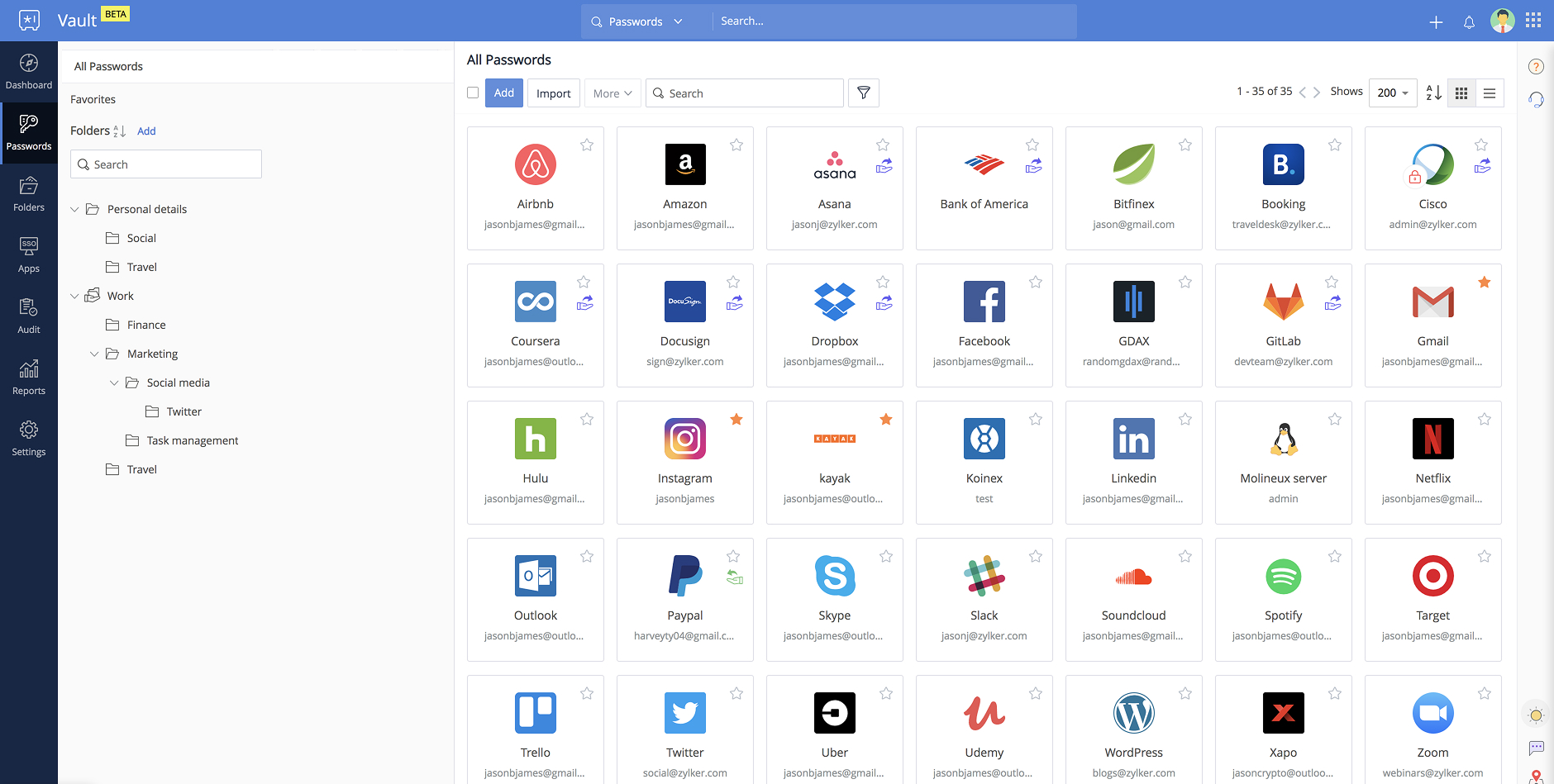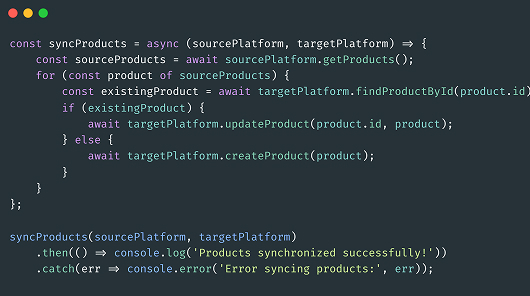Supplier and Other Integrations
Integrating your Shopify store with suppliers, CRMs, ERPs, and other essential systems might be necessary for streamlining your operations and saving countless hours. We build custom integrations or utilize existing ones, to ensure seamless data synchronization across platforms, whether it’s product updates, order tracking, or real-time inventory management.



Why choose us.
for Supplier and Other Integrations

Vast Integration Expertise
We've worked on dozens of custom integrations for Shopify, and used dozens of existing ones. We've already faced all the challenges that come with these projects, such as complexity of handling large amounts of data, the need for resources to stay in sync in real-time, incompatibilities and Shopify's limitations.
We've spent hundreds of hours working on product, customer and order sync. Understanding third party APIs and researching existing integration solutions. And utilizing all the capabilites of Shopify's own APIs.

Scalability
Our experience doesn't only include a wide variety of industries and third parties. It also includes working on integrations for stores with over 100,000 products, and thousands of daily orders. We've learnt to use algorithms and API endpoints that manage bulk operations without stressing server resources, such as memory and CPU.
So our solutions are built ready to handle these enormous amounts of data, as the store grows in the future. They're able to scale together with the store, automatically, without needing to be rebuild from scratch.

Efficient Budget Allocation
Our experience lets us plan how the budget will be used without overspending, and instead by allocating it where it matters. A lot of integrations can have a very straightforward data flow. In these cases, we can use the budget to reduce future server resources by optimizing the code. Or increase reliability by adding error handling and alert features.
We also focus on reducing recurring app costs. Whenever we see that the one-time cost of a custom solution makes much more sense than using existing apps, we'll advice you about it and work with you to avoid expensive app subscriptions.
Shopify-Exclusive
All integrations with Shopify, need Shopify-specific expertise. We're not generalists, as we only work with Shopify stores. Because of that, we have thousands of hours of experience working with the Shopify Admin API, the single point of contact between Shopify and the integration app.
We've also worked with a lot of existing apps from the Shopify ecosystem, instead of learning about plugins of 5 different e-commerce platforms. Solved difficult challenges, worked with their support, and collaborated with their development teams.












Our process.
Discovery and planning
We start by mapping out your requirements, understanding the platforms involved, and defining the data flows between Shopify and the connected systems.
Solution design
Next, we create a detailed integration plan, identifying the APIs, data formats, and synchronization points required. This ensures the integration is precise and reliable.
Development and testing
We use runtimes like Node.js or programming languages like Python to create efficient, maintainable integrations. We rigorously test for data accuracy, speed, and error handling.
Deployment and support
Once live, we monitor the integration to ensure smooth operation. Ongoing support is available to troubleshoot or expand the functionality as needed.
Tools and methods.
Shopify app store
A lot of times it makes sense to find an existing solution to integrate suppliers, ERPs, CRMs, etc. The Shopify app store has a lot of available integration apps for the most popular third party APIs.
Our methodology includes gathering requirements, researching the app store, and testing apps on our development stores.
This way we'll find the best suitable app, if it exists, in terms of fulfilling the requirements, and the expected cost.
Node.js
While we've worked on Python and PHP backends, Node.js is used to build almost all of our integrations. Typically, we use an Express.js server and all the necessary libraries, including the Node.js Shopify API library.
When a dashboard with management features is required, we'll usually use the Remix framework together with the Shopify Polaris component system in React.
These configurations have the advantage of very wide support from a large development ecosystem around Shopify, compared to other stacks.
Google Cloud, Firebase, Fly.io, Heroku
A custom integration needs somewhere to be hosted, as it's not deployed in Shopify's servers.
Our main platforms of preference are the Google Cloud, Firebase, Fly.io and Heroku. Shopify's development practices support them, which is one reason we prefer them. Also, they provide built-in monitoring and logging.
But the most important feature is their scalability. No matter how heavy the integration is, they're able to scale resources easily. This saves a lot of costs, but doesn't limit the store's growth at the same time.
Frequently Asked Questions.
What happens if the external platform updates its API?
Most of the time, no updating of the integration is necessary. When it is, we can provide ongoing support to handle API updates and ensure the integration remains functional.
Integrations are closely tied to both the API of Shopify, an the external party's API. As with all software and services, these might be updated in the future, which sometimes means that all custom apps using them may need to keep up.
Can you integrate any supplier?
We can integrate any supplier that has a way of automatically integrating with other parties. This usually means they offer an API, or use XML feeds, or files sent via FTP, etc.
We can contact your supplier and ask them whether they offer such a solution.
What if I need new features later?
Our custom integrations are built to scale. You're not tied to a fixed set of features, like you'd be when using an existing app. We do this by using a modular design and an architecture that makes it easy to extend the integration.
How long does an integration take?
Timelines vary depending on complexity. There are straightforward sync solutions that might only need 2 weeks to develop and deploy. Large scale integrations might take up to 6 weeks or more, from planning to deployment.
Let's talk about Supplier and Other Integrations









